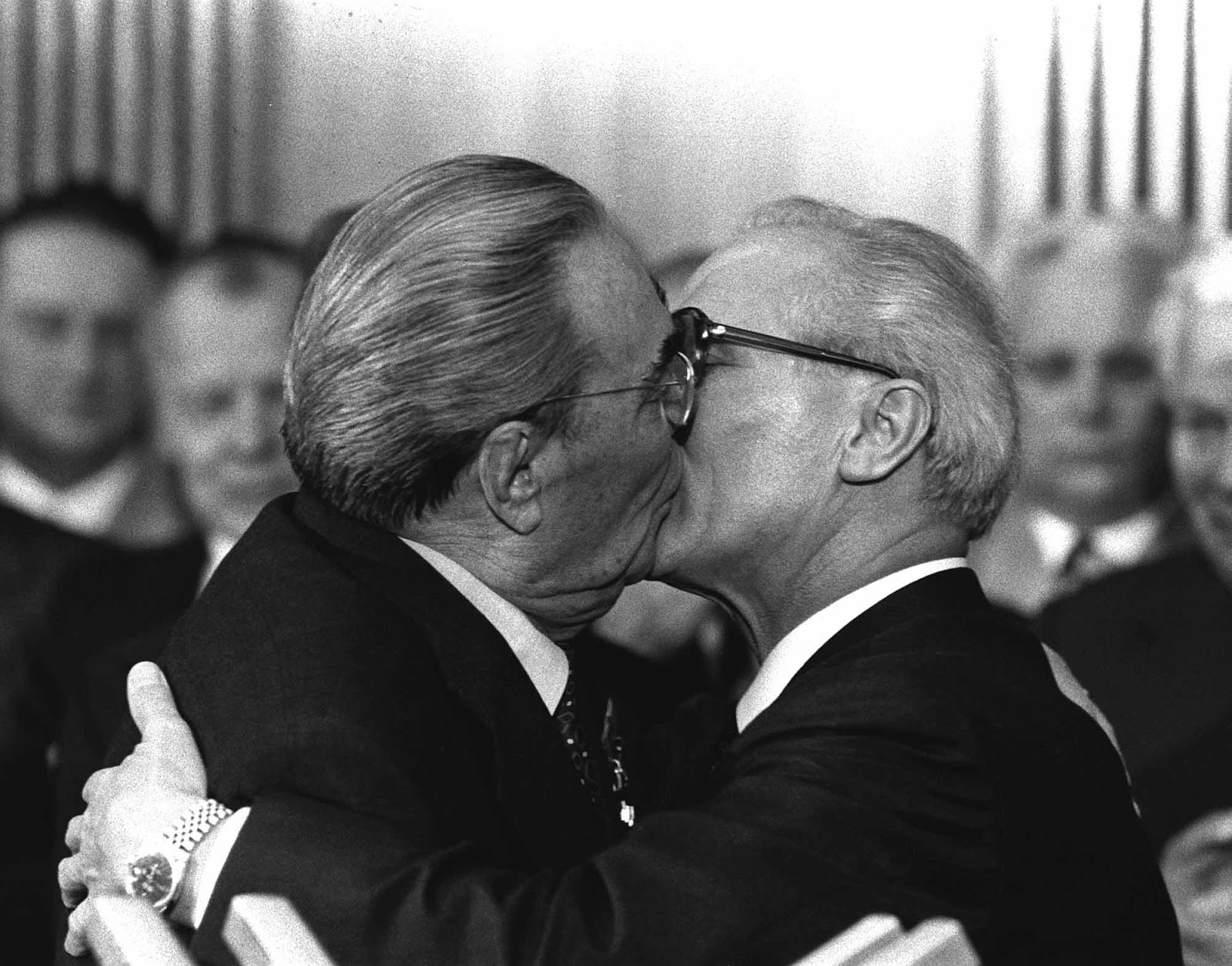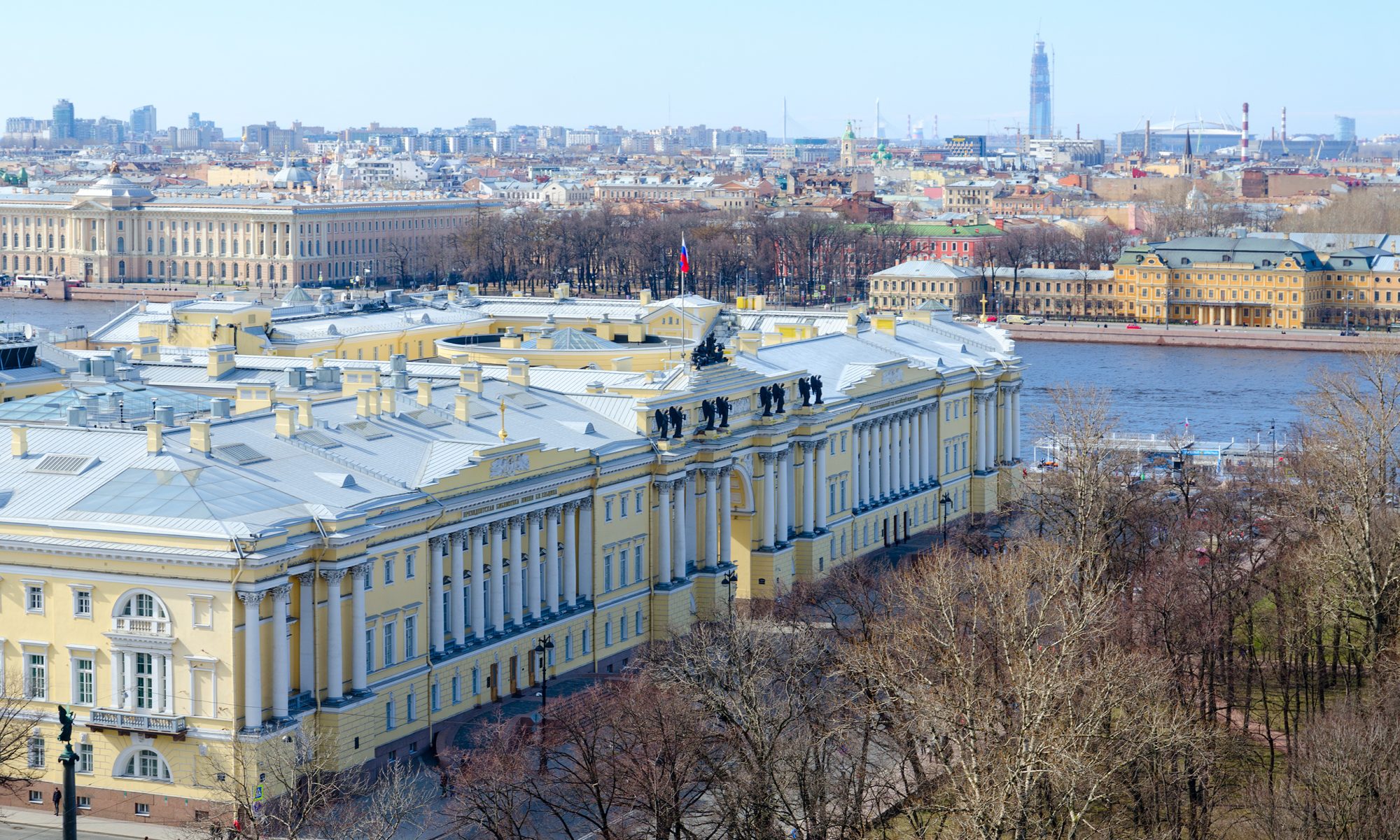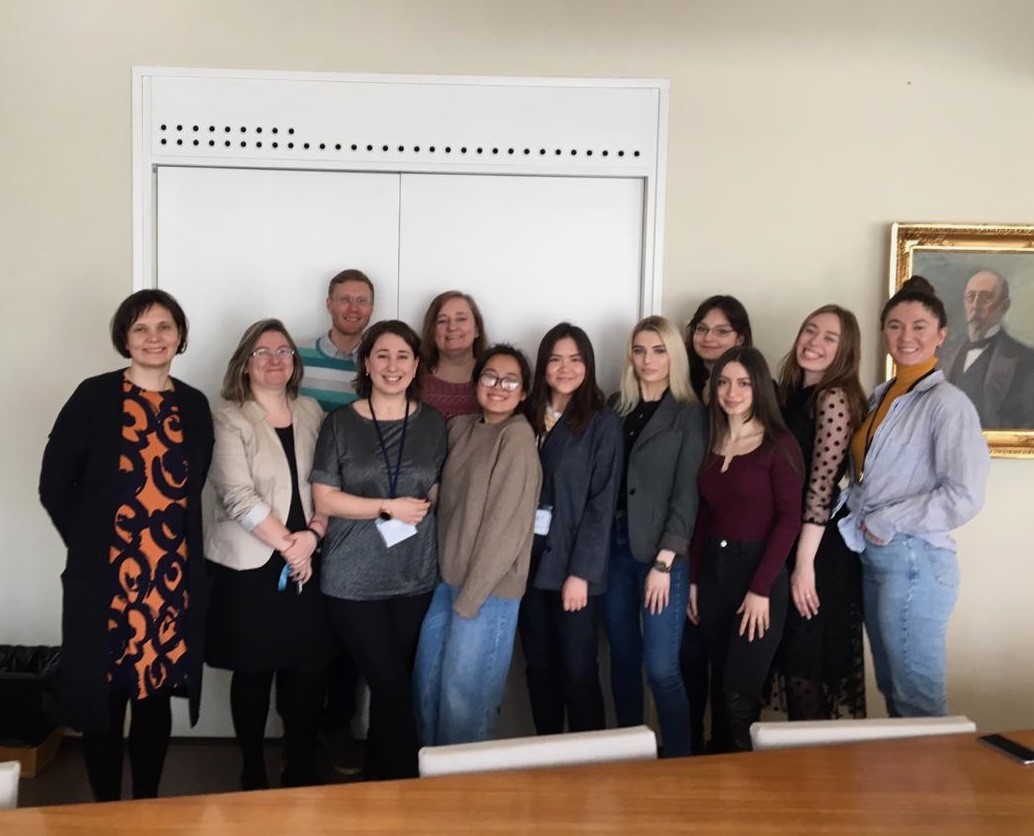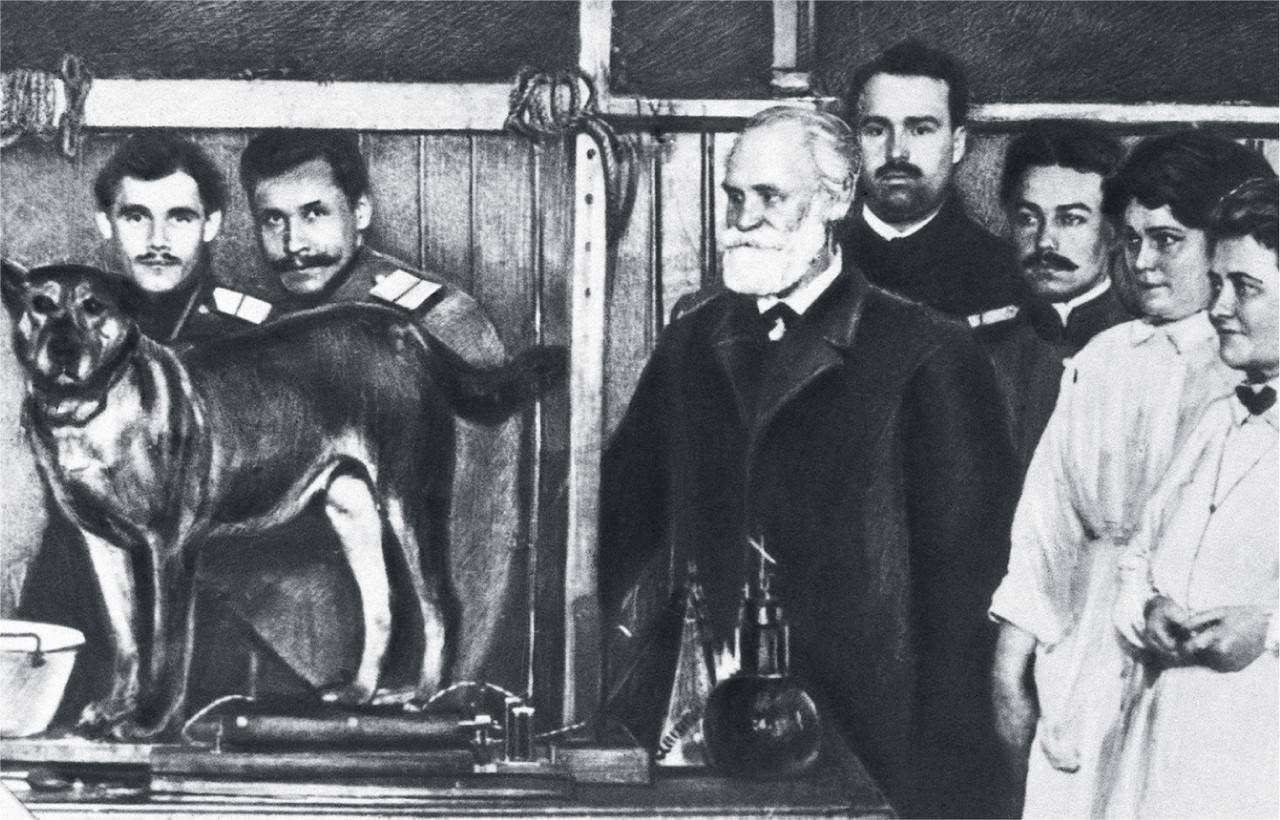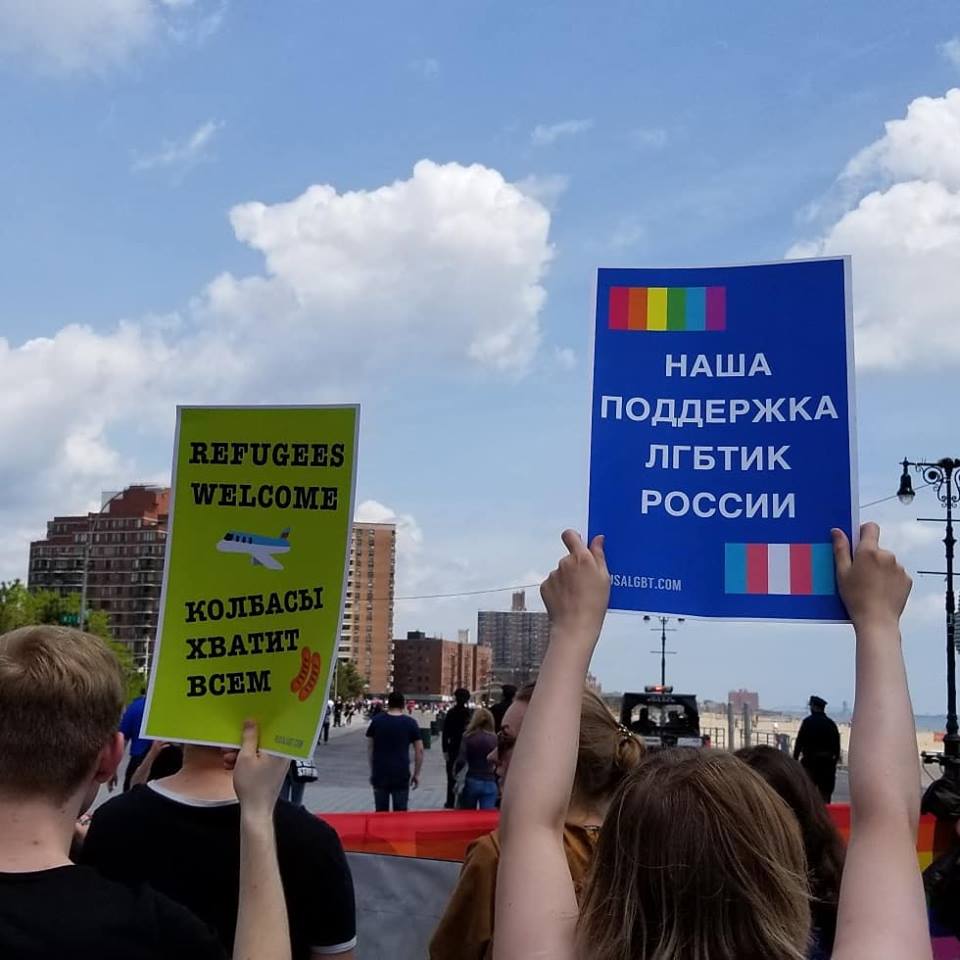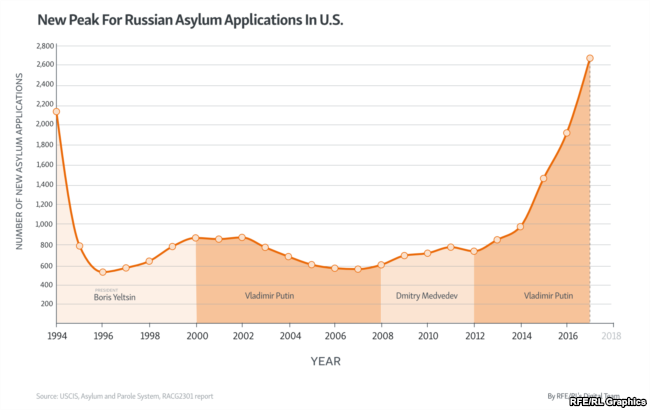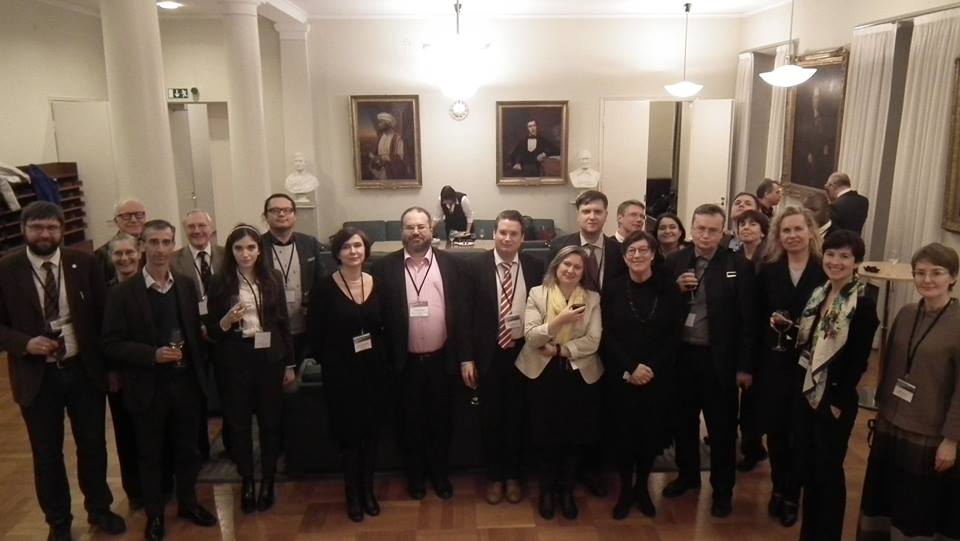Associate Professor Marianna Muravyeva recently participated in a Council of Europe research delegation under the guise of the research project Cooperation in Implementation of the National Strategy of the Russian Federation for Women, 2017–2022.
Below is a re-post of the original article from 11 October by Viktorija Ezhova, on the European Women’s Community website [Евразийское женское сообщество], which can be found in full here.
Женщины в политике
ЕЖС приняло участие в исследовании Совета Европы
Виктория Ежова, информационное агентство «Евразийское женское сообщество»
Информационное агентство «Евразийское женское сообщество» 11 Октября 2019
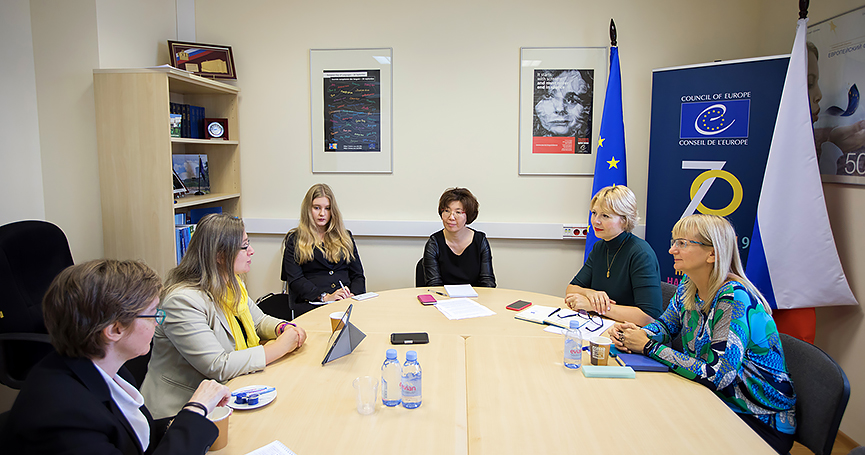
В Москве состоялась встреча руководителя информационного агентства «Евразийское женское сообщество» с экспертами-исследователями Совета Европы. Эксперты организации проводят исследование, посвященное изучению политического участия женщин в России. Марина Волынкина и Татьяна Ворожцова ответили на вопросы, связанные с развитием женской повестки в политической сфере в стране.
В сентябре 2019 г. по инициативе Программного офиса Совета Европы в России состоялась встреча Джоанны Дж.П. Хоар (Великобритания), Марианны Муравьёвой (Россия, Финляндия), Анастасии Шадаровой (Россия) с представителями информационного агентства «Евразийское женское сообщество» Мариной Волынкиной и Татьяной Ворожцовой. Заинтересованность экспертов Евросоюза во встрече была вызвана тематикой портала, которая вписывается в основные направления актуального европейского исследовательского проекта «Сотрудничество в области реализации Национальной стратегии РФ в интересах женщин на 2017–2022 гг.».
Исследование проводится в рамках сотрудничества Совета Европы и России по реализации Национальной стратегии действий в интересах женщин РФ. Европейских аналитиков интересует, с какими возможностями, перспективами и препятствиями встречаются женщины в политике, какова роль женщин в этой сфере деятельности в России.
Марина Волынкина рассказала, что портал «Евразийское женское сообщество» был создан для того, чтобы транслировать миру вдохновляющие истории женщин из разных сфер. За три года работы на сайте было опубликовано несколько тысяч уникальных материалов. Позитивный характер контента – одна из важнейших составляющих политики информагентства. Однако это не значит, что журналисты не говорят о проблемах, существующих в мире. Напротив, они часто рассказывают о том, с какими трудностями сталкиваются женщины в тех или иных сферах, в том числе и в политике, и каким образом преодолевают их.
Руководитель «ЕЖС» подчеркнула, что в России женщины имеют равные права с мужчинами согласно Конституции РФ, Трудовому, Семейному, Гражданскому кодексам РФ, а также ряду других нормативных актов.
Женщины в современном мире обладают многими возможностей и могут реализовать себя в любой сфере. Россиянки не сталкиваются с явной дискриминацией по полу. Вместе с тем в некоторых областях деятельности до сих пор существуют «стеклянные потолки» и заметный дисбаланс в соотношении мужчин и женщин на руководящих должностях. Марина Волынкина считает, что дело в стереотипах, которые сложились в обществе за время многовекового патриархата. Поэтому проблему следует решать комплексно. В первую очередь стоит обратить внимание на СМИ. Важно, чтобы они транслировали качественную информацию и тиражировали истории успеха достойных женщин. Это позволит изменить настроения в обществе и подарит многим женщинам уверенность в своих силах.
Сегодня в России развитию женской повестки много внимания уделяют Председатель Совета Федерации Валентина Матвиенко и ее заместитель Галина Карелова.
Они регулярно встречаются с женщинами из разных сфер деятельности, помогают им в решении актуальных проблем, проводят мероприятия для обмена профессиональным опытом и выстраивания деловых контактов. Журналисты «ЕЖС» постоянно освещают подобные встречи и замечают, что чаще всего женщины говорят о трудностях, связанных с организационным процессом, а не гендерным неравенством.
Валентина Матвиенко является инициатором Евразийского женского форума, который оказал значительное влияние на развитие женской повестки не только в России, но и в мире.
В марте 2017 г. в стране была принята Национальная стратегия действий в интересах женщин. Как юрист Марина Волынкина объяснила, что если Конституция РФ регламентирует основные права и обязанности граждан страны, то данный документ является своеобразной декларацией женских прав. В нем определены шаги, которые необходимо предпринять для дальнейшего улучшения положения женщин и продвижения их в различных сферах.
Традиционно «женскими» сферами деятельности в России считаются образование, медицина, индустрия красоты, малое и среднее предпринимательство.
Вместе с тем сегодня наблюдается тенденция постепенного увеличения числа женщин и в тех областях, которые в обществе принято считать «мужскими»: тяжелой промышленности, информационных технологиях и др. Доля женщин растет и в политической сфере, однако дисбаланс по-прежнему существует.
Марина Волынкина считает, что введение квот будет способствовать увеличению количества женщин в политике.
«Вместе с квотированием появляются новые возможности. Но чтобы ими можно было воспользоваться, необходимо подготовить соответствующий фундамент. Важно, чтобы женщины поверили в себя, а для этого необходимо больше информировать общество о существующих правовых и социальных гарантиях, реальных достижениях женщин в разных профессиях», – рассуждает руководитель «ЕЖС».
Женщины в России имеют много возможностей и достаточно потенциала для самореализации в политической сфере.
Татьяна Ворожцова подчеркнула, что сегодня гораздо эффективнее помогать обществу не просто выделением средств на благотворительность, а конкретными делами. Так, она советует людям, которые решили помочь нуждающимся, не только перечислять деньги, а создать и реализовать социальный проект, направленный на решение существующей проблемы.
«Мы живем в среде, которую создаем сами, поэтому в наших силах обеспечить лучшее будущее», – уверена Татьяна Ворожцова.
Сегодня в стране уже действует много женских НКО, реализуются социальные проекты в самых разных направлениях. Но, к сожалению, об этом мало кто знает, потому что СМИ практически не публикуют такую информацию. Ситуацию необходимо менять, считает руководитель «ЕЖС». Отчасти именно для этого и было создано информационное агентство.
Как ректор вуза, ученый, Марина Волынкина убеждена, что больше внимания необходимо уделять работе с подрастающим поколением, делиться с ним только качественной, проверенной информацией. У молодежи перед глазами должны быть правильные вдохновляющие примеры.
Если с юных лет девушки будут видеть истории женщин, которые добились успеха в политике и смогли своей деятельностью принести пользу обществу, это вдохновит их и поможет поверить в себя в будущем.
Один из вопросов интервью-исследования был посвящен тому, может ли опыт западных стран помочь России в продвижении женщин в политической и общественной сферах. «Мы просто обязаны знать, что происходит в других странах, обмениваться лучшими практиками, изучать культуру социального проектирования в этой области», – подчеркнула Марина Волынкина.
За годы работы информационному агентству «ЕЖС» удалось сформировать сообщество единомышленников, в которое вошли женщины из разных стран мира. Они с удовольствием делятся друг с другом полезными знаниями и реализуют совместные проекты. Крайне важно, чтобы сообщество расширялось, а женщины всего мира не стеснялись говорить о себе, однако делали это не ради собственных амбиций, а для того, чтобы принести пользу обществу, формируя позитивную информационную среду, создавая почву для сотрудничества и мирного диалога.
